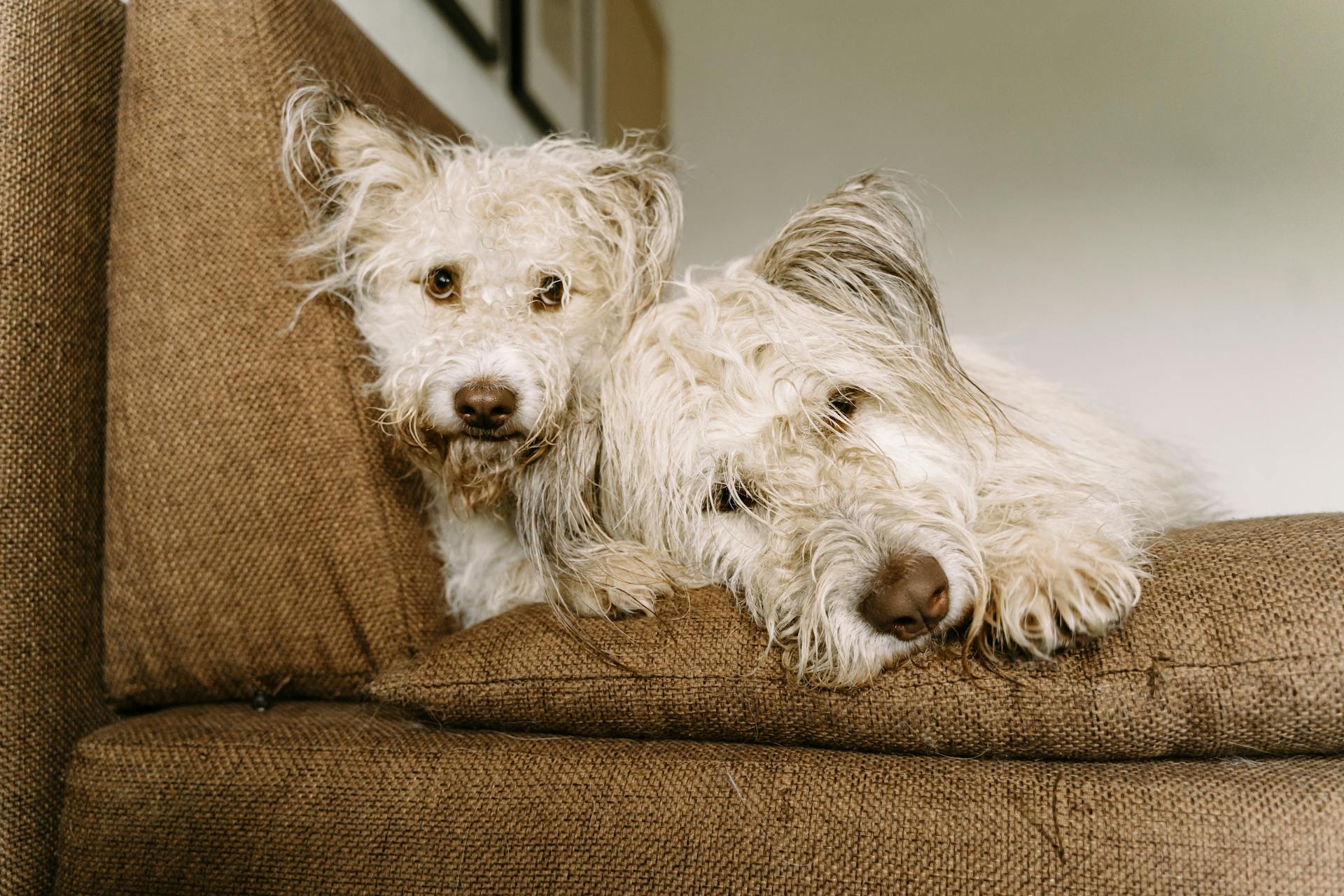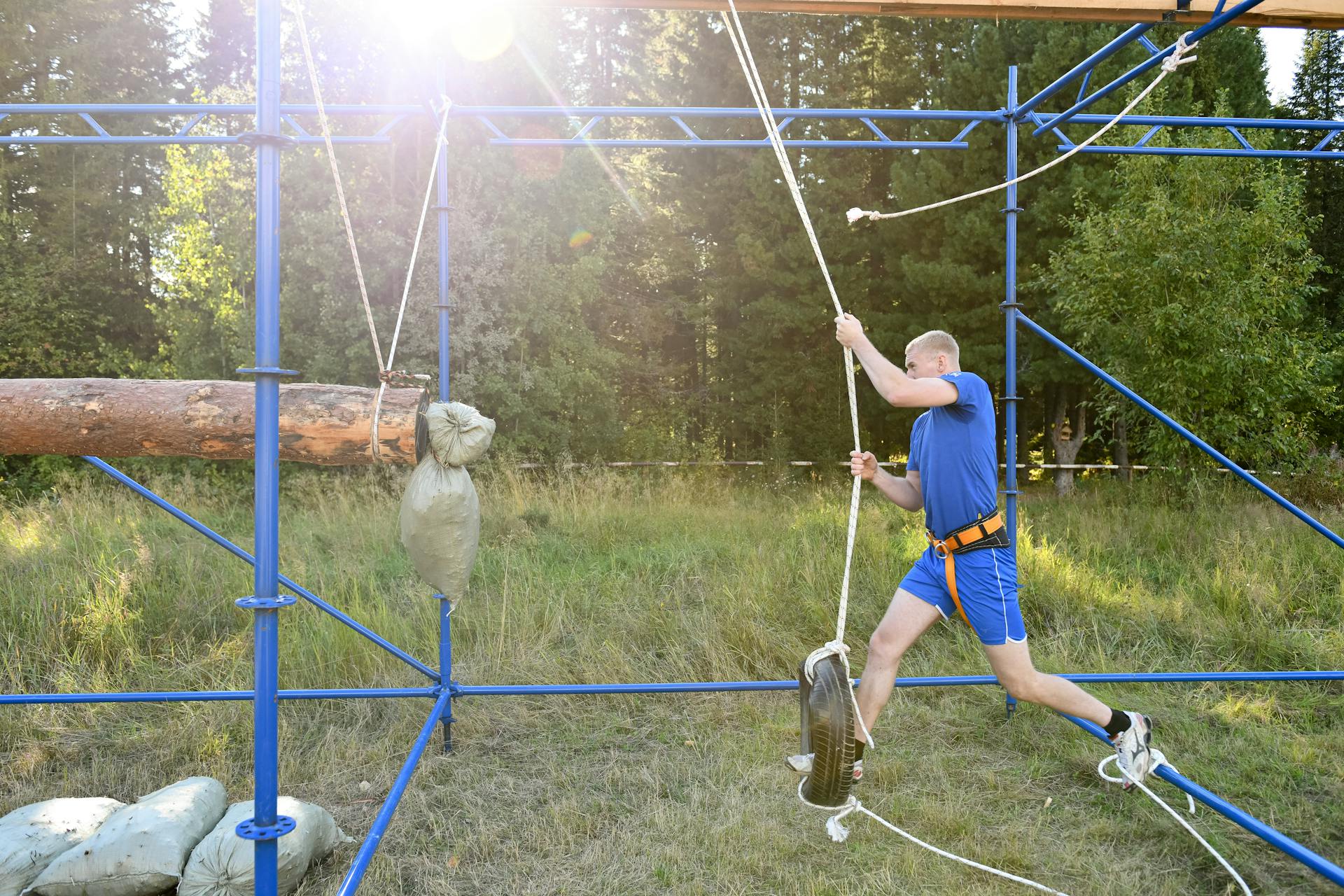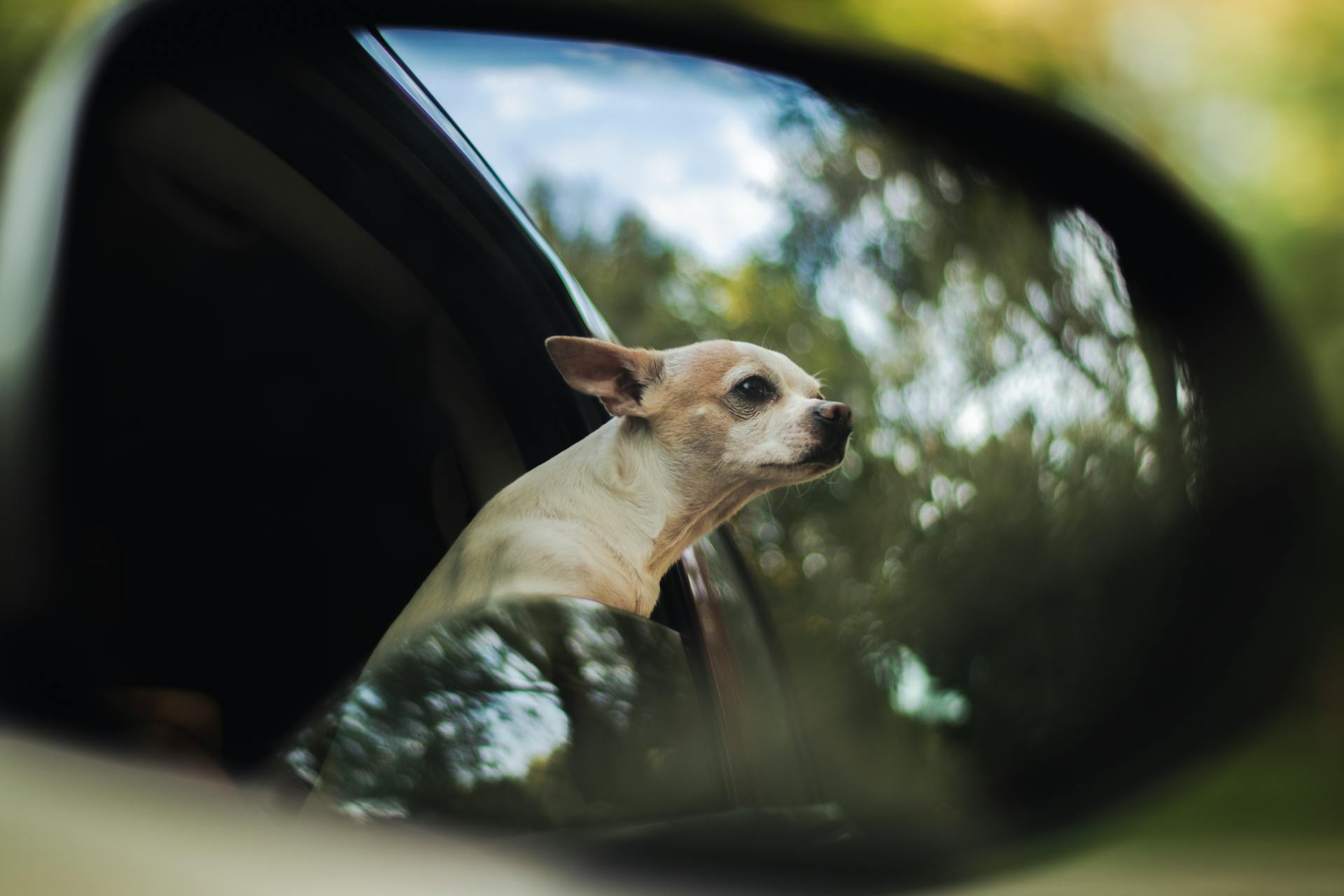
Horses are social animals and form strong bonds with other members of their herds. When they are separated from their herdmates, they can experience a condition known as separation anxiety.
Separation anxiety is a stress response that is characterized by compulsive behaviors, such as pacing, pawing, or vocalizing, and a general sense of agitation. It can occur in horses that have been recently separated from their herd, or in those that are regularly separated from a favorite playmate or pasture buddy.
There are a number of ways to help a horse cope with separation anxiety. The most important thing is to provide the horse with plenty of opportunities to socialize with other horses. This can be done by turnout in a large pasture, or by regular sessions of lessons or riding with other horses.
In addition, it is important to provide the horse with a predictable and consistent routine. Horses thrive on routines and knowing what to expect can help reduce their stress levels.
Finally, it is important to remember that horses are individuals and will respond to different approaches in different ways. Some horses may benefit from Phil desired to share his love of horses with the world, and provides this resource for free. In return, he asks that you consider making a donation to The Horse Fund, a 501(c)(3) non-profit organization that provides financial assistance to horse owners faced with unexpected veterinary bills.
What are some common signs of separation anxiety in horses?
One common sign of separation anxiety in horses is when they start to pace back and forth in their stall or paddock. This is often seen when the horse is left alone or in a new environment. Another common sign is when the horse becomes very agitated and excited when its owner or another horse leaves its sight. This can often lead to the horse trying to follow or even break through fences to get to the other horse. Other signs of separation anxiety include sweating, trembling, increased heart rate, and abnormal vocalizations such as whinnying or calling out.
You might enjoy: What Do Horses Do When They Are Scared?
What are some things you should avoid doing if your horse has separation anxiety?
If your horse has separation anxiety, there are a number of things you should avoid doing in order to help them cope. First, avoid leaving them in unfamiliar environments or situations where they may feel isolated or anxious. This may include new stables, unfamiliar turnout areas, or even different types of riding arenas. If you must leave them in an unfamiliar environment, try to do so gradually so they can get used to it. Secondly, avoid making sudden changes to their routine. If you must make a change, such as changing the order in which you do things or the time you do them, try to do so gradually so as not to disrupt your horse's sense of security. Finally, avoid leaving them for extended periods of time without interaction. If you must be away from them for a long time, try to leave them with a trusted friend or caretaker who can provide them with companionship and reassurance.
Consider reading: Why Was the Horse so Happy?
How can you help your horse feel more comfortable when away from other horses?
Your horse is social creature, and when away from other horses, he may feel anxious, stressed, or even lonely. There are a few things you can do to help him feel more comfortable when away from other horses.
First, make sure he has plenty of hay to eat. Horses are grazing animals and their natural diet is mostly grass. Hay will help him feel fuller and more content.
Second, try to provide him with some form of enrichment. This could be a salt lick, a puzzle feeder, or even just a simple bucket of water to play with. Enrichment helps to keep horses mentally stimulated and can help alleviate boredom and stress.
Third, make sure he has a comfortable place to sleep. If possible, bring his stall or paddock to the location where you're keeping him. This will help him feel more secure and lessens the chance of him getting spooked and injured.
Finally, spend time with him yourself. Horses are social animals and crave human interaction. Even just grooming him and talking to him will help him feel more relaxed and comfortable.
Consider reading: What Do We Do When We Fall off the Horse?
What are some tips for preventing separation anxiety in horses?
Some tips for preventing separation anxiety in horses include:
1.Start with short periods of separation.
2.Make sure the horse is comfortable in its environment.
3. create a positive association with being away from the herd.
4. continue to work on building up the horse's confidence.
5. make sure to provide plenty of opportunities for socialization.
What should you do if you think your horse is experiencing separation anxiety?
If you think your horse may be experiencing separation anxiety, there are a few things you can do to help. First, try to provide your horse with a stimulating environment. This may include things like providing toys or hanging objects in their stall, or adding turnout time in a paddock or field. If possible, turn out your horse with a buddy as well. If your horse is still showing signs of anxiety, you may need to consult with a veterinarian or equine behaviorist to get help developing a treatment plan. Treatment plans may include things like behavior modification and/or medication. It is important to work with a professional to find the best plan for your horse, as each horse is different. With patience and consistency, you can help your horse overcome separation anxiety and live a happy and healthy life.
Frequently Asked Questions
What can I give my Horse for separation anxiety?
There are no long-term quick fixes for separation anxiety in horses. However, some medications used to calm horses, such as Ranvets’ Calm Paste that contains ingredients such as Tryptophan, Magnesium and B-Vitamin can prove to be helpful.
Does your horse suffer from separation anxiety?
1. Make a special “safe” area in your barn or outside where he can go when you leave to work, eat, groom, or take care of other needs. This can be a small pen or specific enclosure that is stable and comfortable for him. designate this as his “separation anxiety area” and make sure it is always clean and free of distractions (ie., no toys, hay, fresh water). 2. Gradually increase the time you spend in the separation area until your horse is able to remain there patiently when you leave. Start by leaving for just a few minutes and gradually increase the time until he is able to stay with you for an entire hour without fussing or becoming restless. 3. Keep486 close by during these training sessions – if he becomes agitated or fearful, approach him calmly and talk to him soothingly until he calms down. If
What happens when a horse is separated from other horses?
Any time a horse is separated from other horses, he experiences an emotional reaction. The most common response is fear or anxiety. Horses may neigh, scream, buck, or rear up. They may also act restless and try to find their way back to the group. How can I reduce my horse's separation anxiety? There is no surefire way to completely eliminate separation anxiety, but there are some things you can do that will certainly help ease the symptoms. First and foremost, make sure your horse has plenty of opportunities to socialize with other horses throughout his training and healthy life. An essential part of providing a horse with adequate socialization is providing regular opportunities for him to experience different situations where he is away from people but still feels safe (like being taken for a ride in a trailer). Secondly, make sure your horse's environment is calming and relaxing. This means filling his environment with soft textures, preferablypaced music, low lighting, and plenty of furnishings to hide
What should I do if my horse is anxious?
If you are able to observe your horse regularly, then working with him on calming behaviors will help. Often the best way for a horse to feel secure is to know his surroundings and what is happening around him. This can be achieved through routine, positive reinforcement, and communication with the rider.
How to treat separation anxiety in horses?
Supplementing the diet with hay, grain, or blocks is also effective in treating separation anxiety.
Sources
- https://resources.bestfriends.org/article/how-start-rescue-or-other-animal-nonprofit
- https://www.petguide.com/breeds/dog/maltipoo/
- https://www.literotica.com/stories/memberpage.php
- https://en.wikipedia.org/wiki/Buddhism
- https://en.wikipedia.org/wiki/List_of_Fables_characters
- https://resources.bestfriends.org/article/welcoming-new-cat-your-home
- https://www.literotica.com/stories/memberpage.php
- https://www.wmur.com/no-longer-available
- https://www.gutenberg.org/files/3207/3207-h/3207-h.htm
- https://thehappypuppysite.com/disobedient-dog-what-to-do-when-your-dog-wont-obey-you/
- https://abcnews.go.com/US/
- https://greenroads.com/collections/cbd-edibles-gummies
- https://abcnews.go.com/video
- https://en.wikipedia.org/wiki/Women_in_Islam
- https://en.wikipedia.org/wiki/Empty_string
Featured Images: pexels.com


